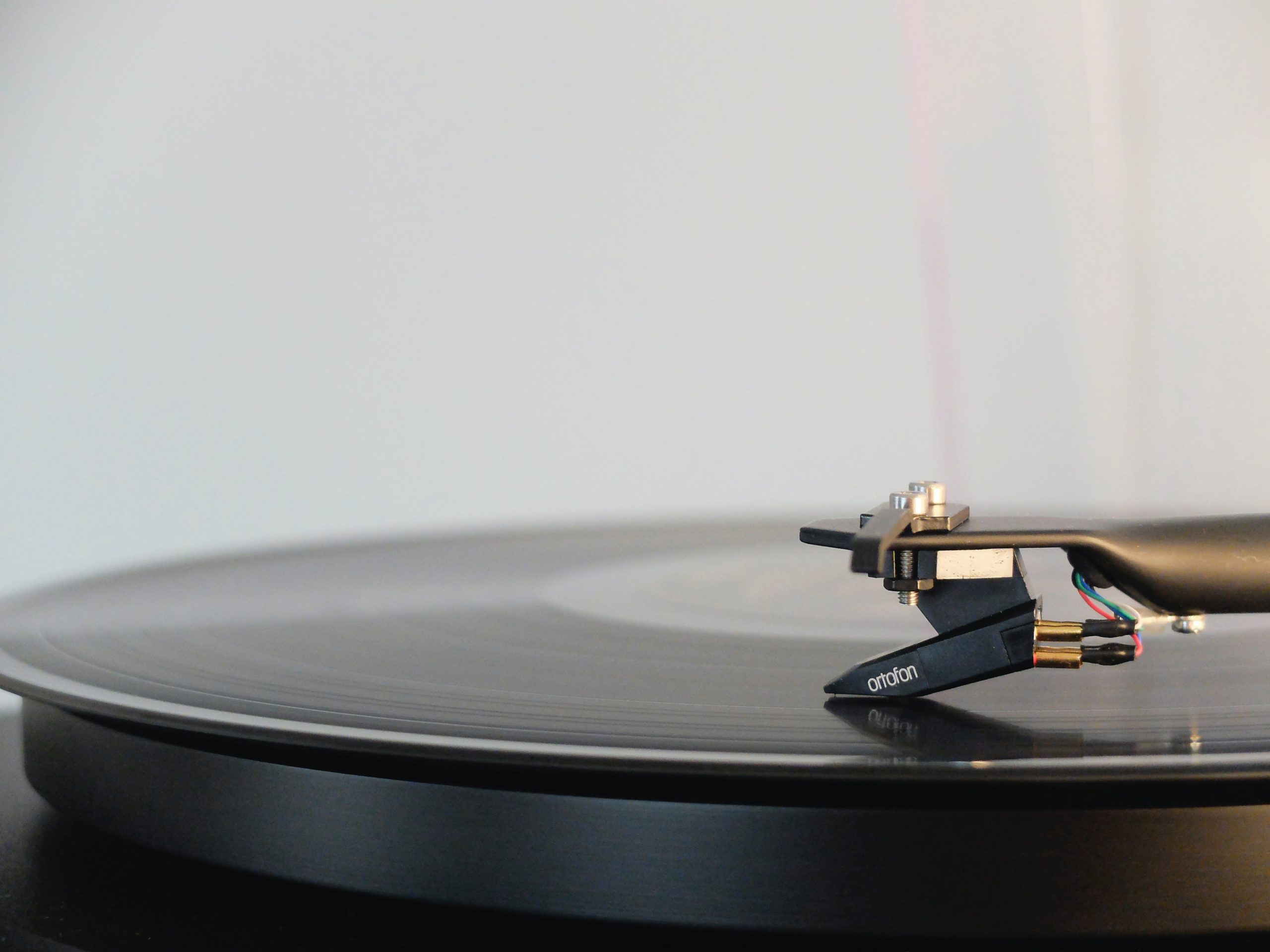Best known as a leading experimental treatment in remedying various conditions, music therapy is currently a go-to treatment for many children and young adults.
With its profound effects on the recovery process itself, this form of treatment has acted as a catalyst for emotional and mental development in young minds minus any side-effects or costly prescriptions. Thanks to the approach, many have turned to a more enjoyable and passion-filled journey towards the healing process and long-term growth.
Aside from younger age groups, even seniors can greatly benefit from music therapy.
How seniors can benefit from learning how to play music
Most people don’t know about music therapy, though it proves to be a useful practice and form of treatment for seniors.
Thanks to the discoveries of researchers and scientists, the profound effects of this treatment have been recognized, which is why many nursing homes and senior-aged institutions have adopted it in their treatments and activities. For instance, one study shows that music therapy can help seniors struggling with dementia and Alzheimer’s control any underlying frustration!
To best understand how music therapy can best help a senior or loved one that you know, below are three key benefits that are well worth taking into consideration:
1. It helps them improve their communication skills
One of the first benefits of music therapy for seniors is that it effectively helps create more opportunities for them to refine their verbal communication skills.
Know that seniors gradually lose their ability to hear clearly, speak directly, and hold up continuous conversations. With music, however, it acts as a medium that makes the process much easier. Through consistent sessions, seniors can improve their cognitive functions through exercise and training to overcome their current communication hurdles!
2. It provides them with more opportunities for social interaction
As an alternate form of communication, music therapy is also a useful tool that seniors can use to communicate in more meaningful ways to express themselves, especially in social interaction.
For seniors who struggle to form words or relationships with their peers, music can help bridge the language gap while sharing enough to improve one’s cognitive functions. By using the power of music, an older person can counteract the effects of aging on their abilities to socialize without having to over-exert themselves or risk getting frustrated over limited function!
3. It encourages their physical movement and rehabilitation
Beyond mental clarity and cognitive functions, music therapy also acts as a great way to encourage physical activity for seniors.
Through dancing, playing instruments, and moving on time, regular sessions can work exceptionally well in ensuring that the senior gets the physical activity that they need to stay in shape. Whether it may be singing, dancing, or performing, music therapy sessions can work wonders for one’s mobility and movements!
Conclusion
By incorporating music therapy, elderly individuals can get the mental and physical exercise they need to keep their cognitive functions and physical abilities as sharp as possible. When used correctly, this treatment can lead to even more development in the long run without forming a dependency on medicine or ineffective treatment!
We’re the leading source of health and medical news in America. Subscribe to our blog to stay up-to-date on the latest trending stories in the American healthcare industry!


















